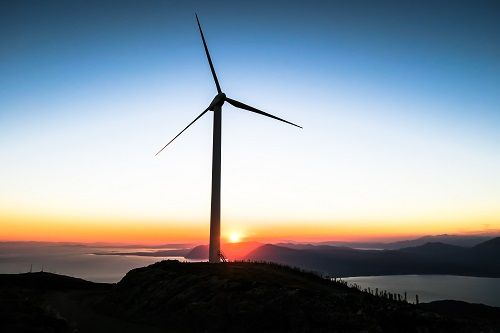The expansion of wind energy in Germany is falling well short of the German government's targets. One of the obstacles is the resistance of many municipalities to the construction of new wind turbines. Politicians are countering this resistance by giving local authorities a share of the profits from wind energy. "This is a promising approach, especially in times of tight budgets," comments Markus W. Voigt, CEO of the aream Group. "However, politicians could take a more decisive approach here and make the investments more attractive."
Onshore wind energy is being expanded at a rapid pace. However, it is already clear that the German government will miss its expansion targets this year. This means that the targets set for 2024 and 2025 are unlikely to be met. The southern federal states in particular are experiencing difficulties. The obstacles include lengthy approval procedures, bureaucratic hurdles and a lack of designated areas. However, there are also local authorities that are resisting the erection of wind turbines.
In order to offer local authorities a financial incentive, various forms of citizen participation in wind turbines have been made possible. Brandenburg and Mecklenburg-Western Pomerania were the first to oblige turbine operators to cede part of their income to local authorities and citizens or to pay special levies for each new wind turbine. Other federal states want to follow suit or are pushing for a nationwide solution to drive forward the expansion of wind energy.
"If the income means that a municipality can build a new playground or renovate its community center, then this naturally increases the acceptance of wind turbines among the population," says Voigt, who sees even more potential here. Up to now, the amount of the payment to the municipality has been based on the electricity yield of the wind turbines, i.e. the kilowatt hours generated in the previous year. "This means that the income for the municipality is subject to fluctuations," says Voigt. He proposes an additional fixed remuneration per turbine location in order to stabilize the income and make wind turbines even more attractive for the municipality. "This could further support competition between municipalities for approval sites, especially in structurally weak regions where every euro counts."
PRESSEKONTAKT:
Leandra Kiebach
T: +49 (0)211 30 20 60 4-2
E: lk@aream.de
